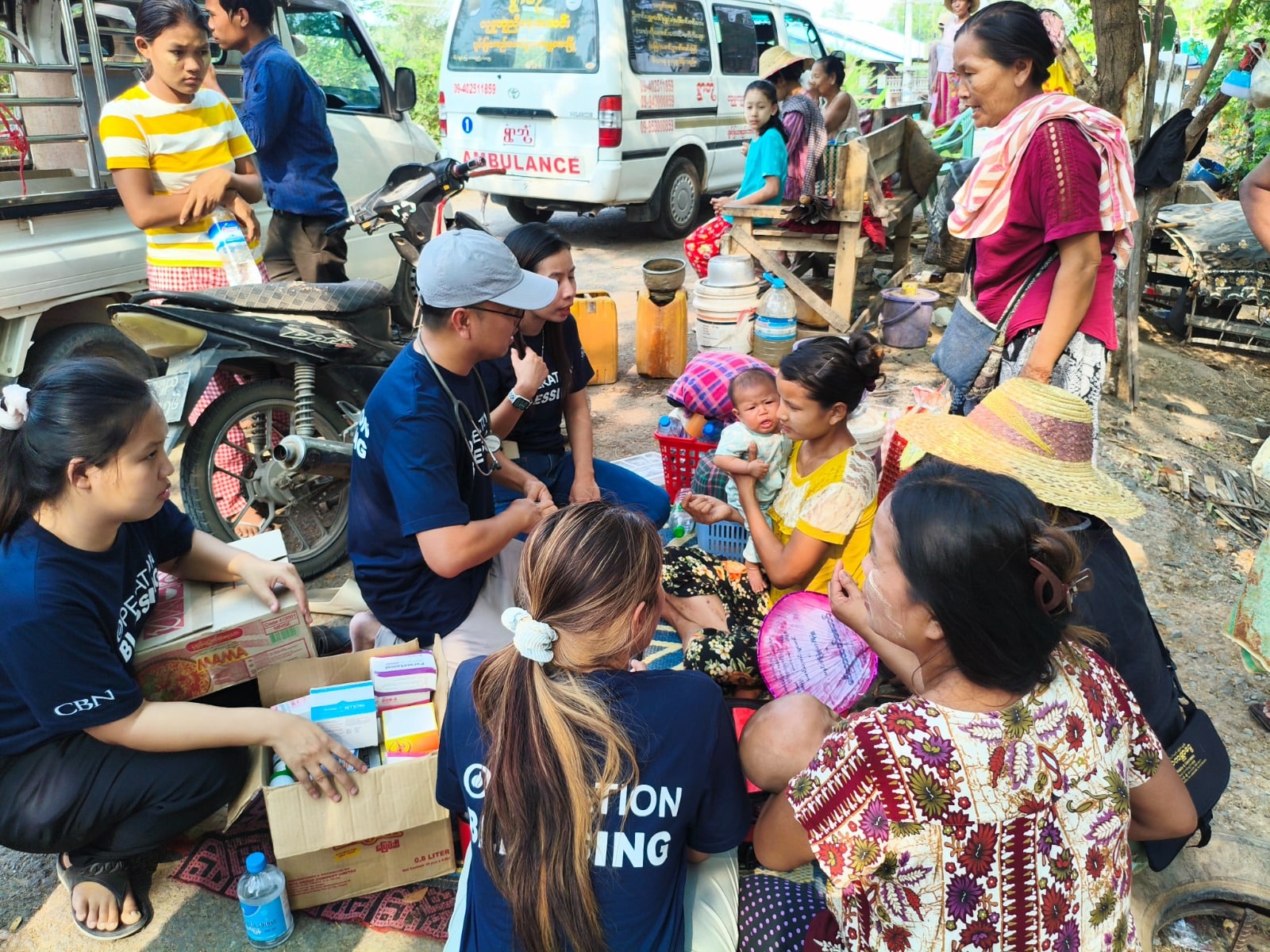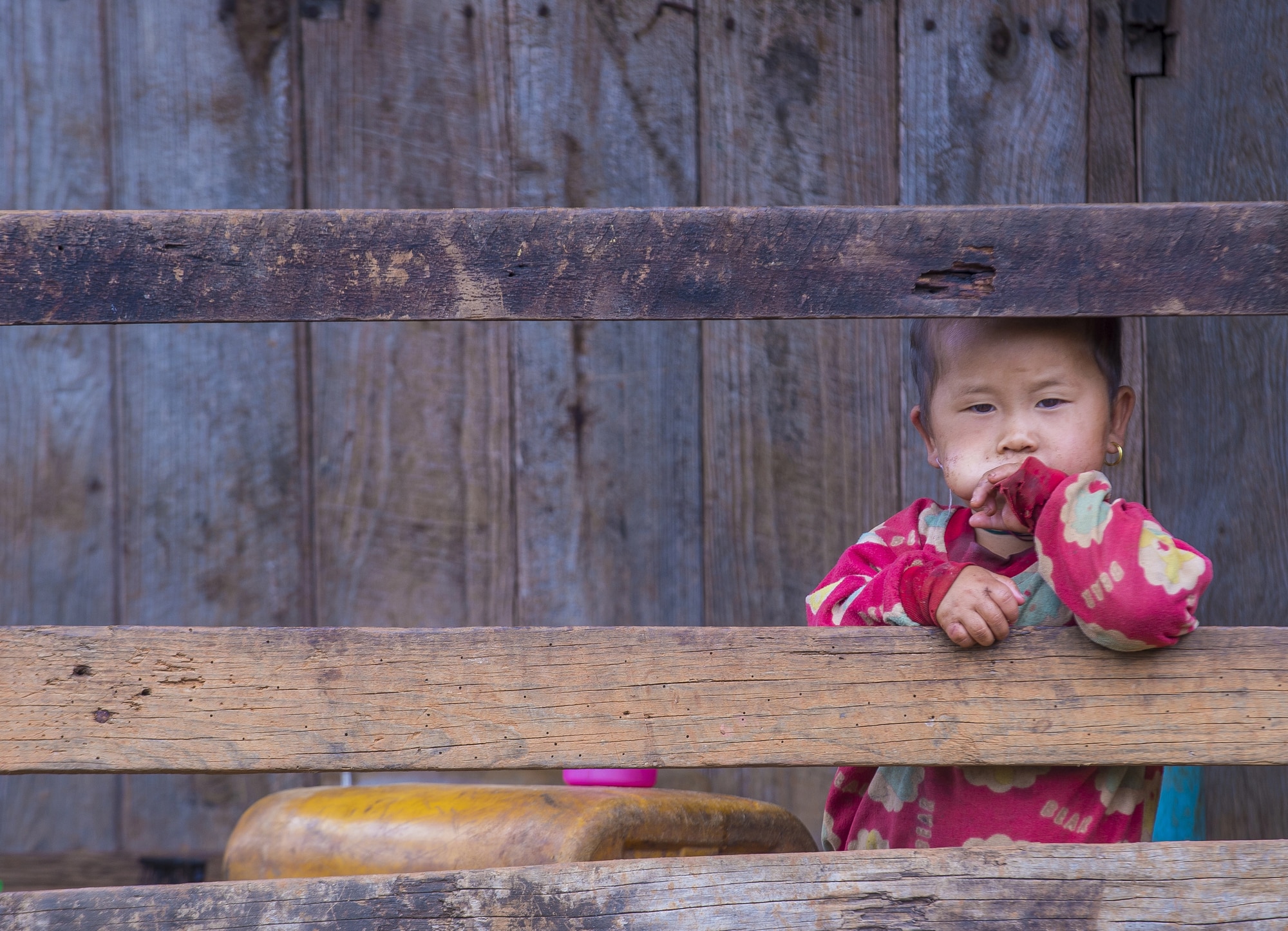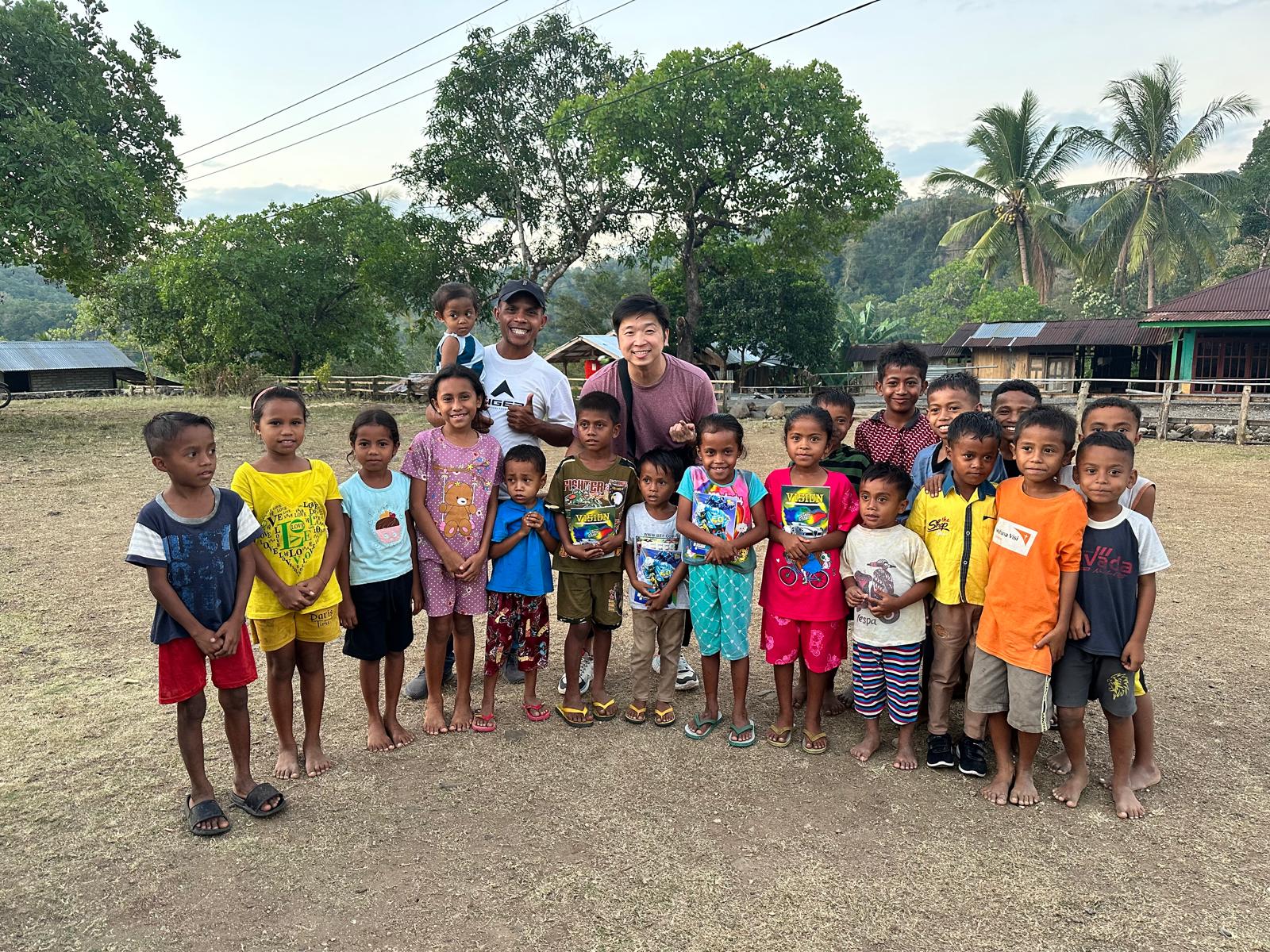“I immediately ran to my children; I did not know which one to carry”: Survivor of devastating Turkey earthquake
by Tan Huey Ying // February 7, 2023, 8:07 pm
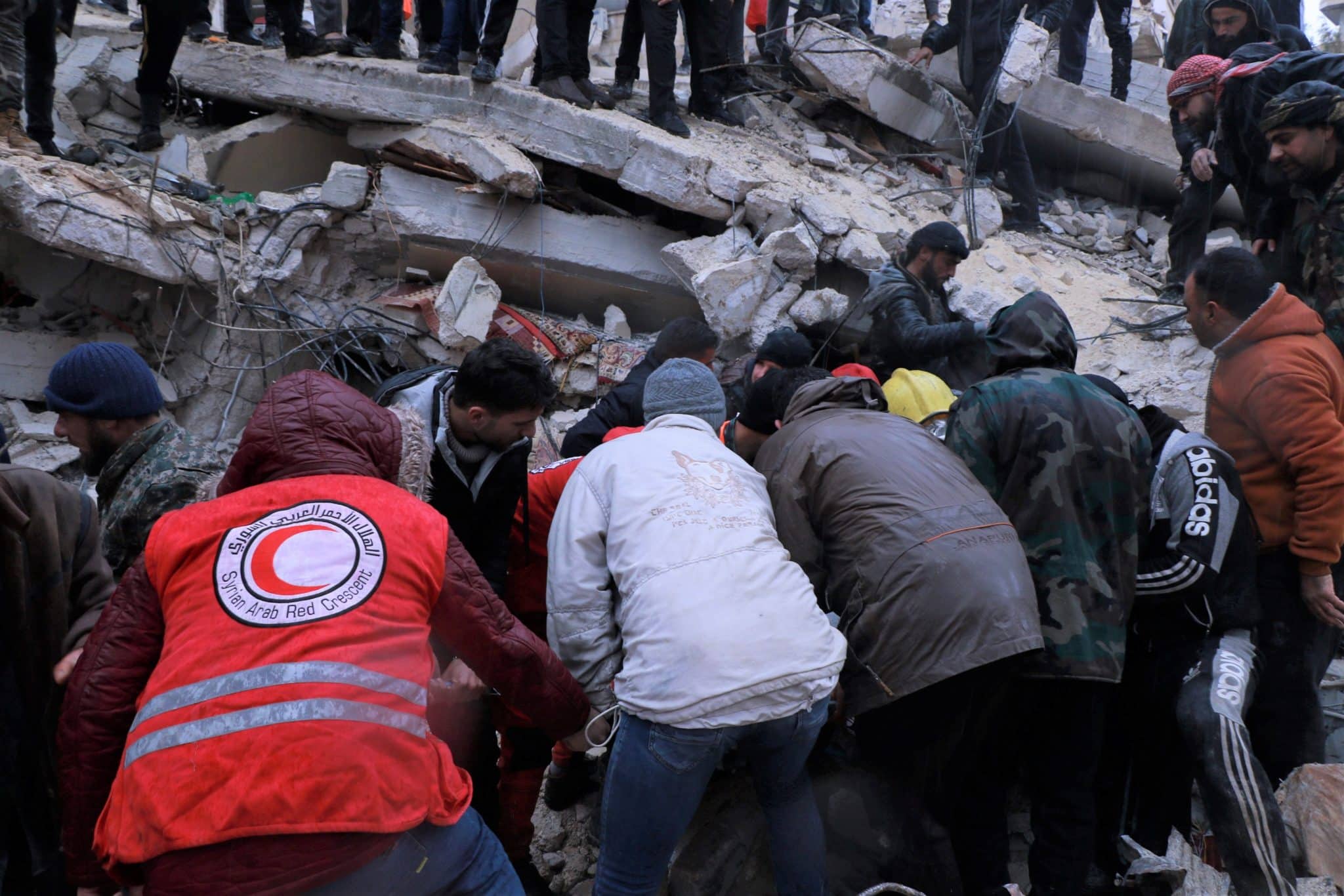
Search-and-rescue efforts following the worst earthquake in Turkey since 1936. Churches are opening their doors for victims, with Christian non-profit Roads of Success housing 500 families who have been left homeless in Aleppo. Photo courtesy of Syrian Arab Red Crescent.
The death toll in Turkey and Syria from Monday’s devastating 7.8-magnitude earthquake has been reported as 5,300 (as at press time), with the World Health Organisation warning that actual fatalities could rise more than eight-fold in days to come.
“I could not reach the door, the distance was very far. A minute was like years of helplessness and fear.”
The earthquake struck southern Turkey in the pre-dawn hours of Monday morning, causing severe damage to buildings and critical infrastructure throughout the country and in neighbouring Syria.
As at press time, over 3,450 buildings have toppled and crumbled, burying entire families asleep in their beds. Footage on the ground have shown multi-storey buildings “collapsing like pancakes”.
“While we were sleeping, the house started shaking,” a World Vision staff member in northern Syria told Salt&Light. He was awoken when the quake hit at 4.17am in the morning.
“I immediately ran to my children; I did not know which one to carry.”
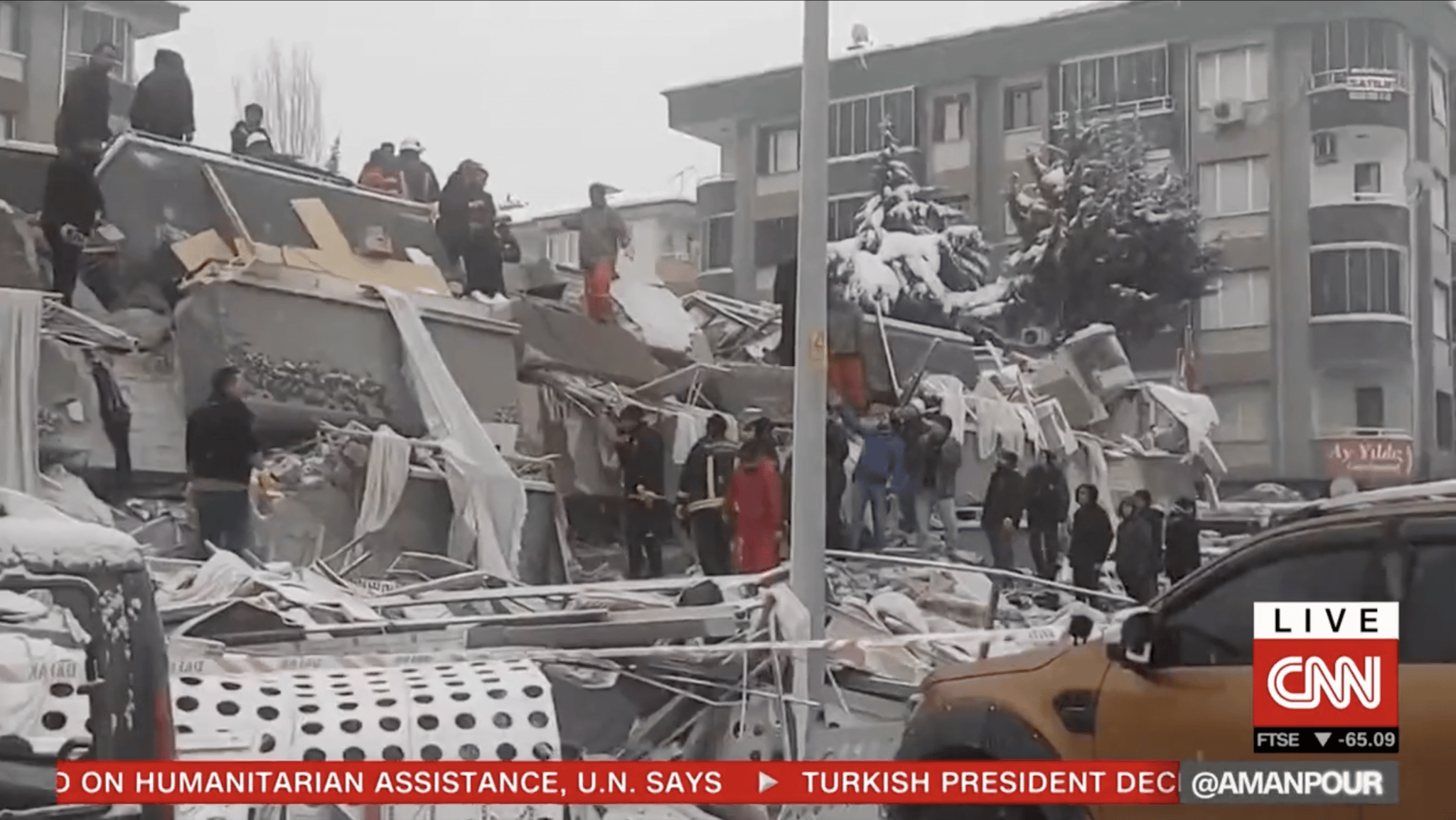
Screenshot of CNN coverage of the aftermath of one of the largest earthquakes to hit Turkey in the last 80 years.
“I could not reach the door, the distance was very far. A minute was like years of helplessness and fear,” he said of his narrow escape.
Extensive damages
He is one of the fortunate ones among the tens of thousands who have been made homeless by the quake.
Many are still trapped under rubble as the critical 72-hour rescue window for survivors is quickly closing. Beyond that, search-and-rescue efforts turn towards longer-term disaster relief measures.
“There’s no ambulance or emergency service in the neighbourhood.”
But emergency services, hampered by a winter blizzard, are struggling to respond.
Telephone lines are down in many parts of the country while gas and electricity pipelines have been severely damaged even as the region endures one of its harshest winters.
“Everything is very confused right now. There’s no ambulance or emergency service in the neighbourhood,” Almas, the wife of an elder of Antakya Christian Church, told Salt&Light.
Antakya, the modern name of the ancient Antioch in the Bible, is a city in southernmost Turkey, 70km away from the epicentre of the quake.
“The roads are closed and the telephones don’t work. We are in a hopeless wait,” she said over WhatsApp voice message.
The couple and several others in their neighbourhood are living in their cars parked in the courtyard for fear of aftershocks.
Powerful tremors and aftershocks, measuring more than 6.0 on the Richter scale, have been recorded across the region, including in Lebanon and Israel, amplifying the terror and chaos.
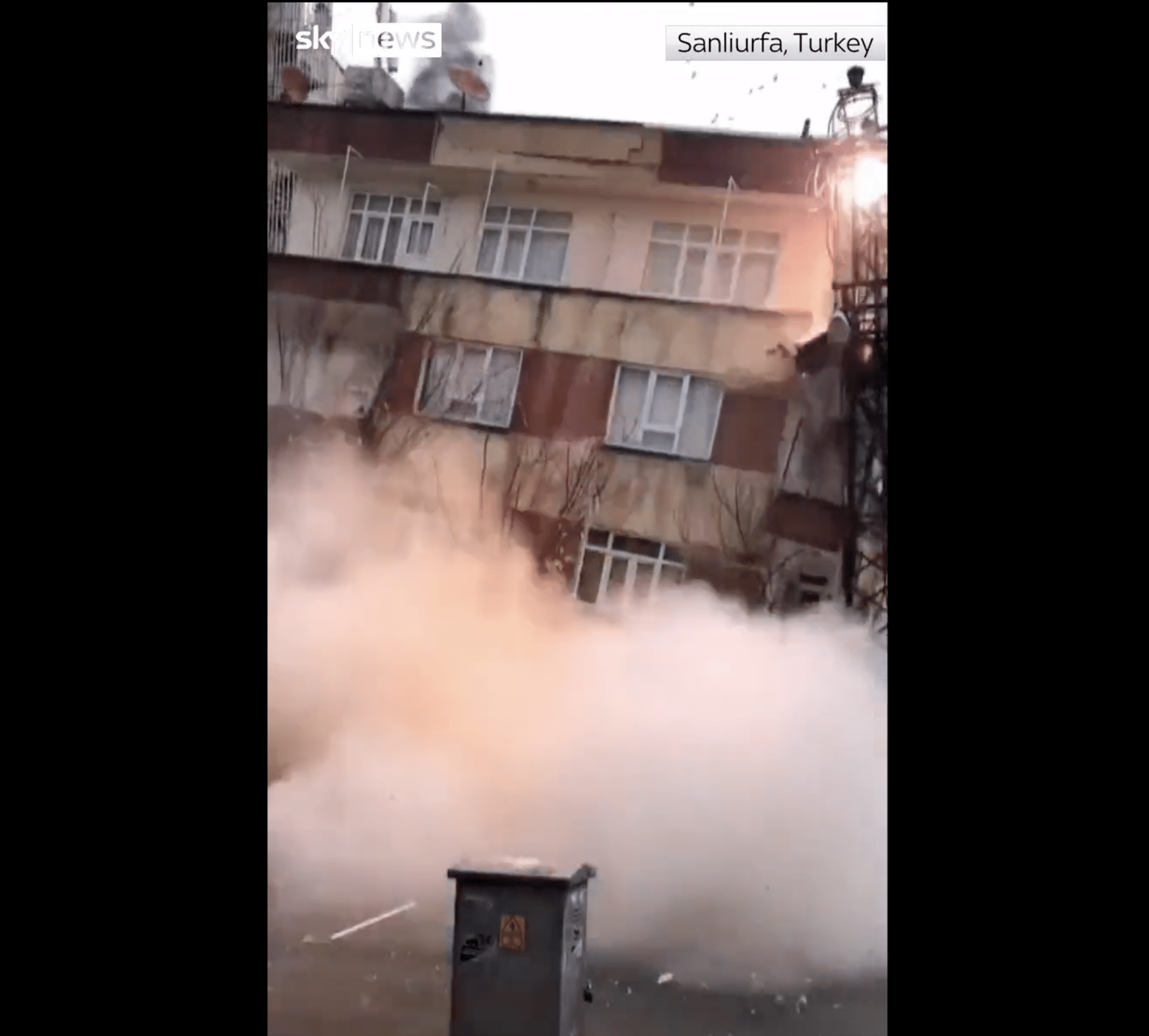
Screenshot of a video on SkyNews which recorded the collapse of a building in Turkey.
Monday’s quake is believed to be the strongest to hit Turkey since 1939, when an earthquake of the same magnitude killed 30,000 people.
Earthquakes of this magnitude are rare. Fewer than five occur each year on average, anywhere in the world.
Battling the elements
The cold and sub-zero temperatures are of immediate concern.
World Vision Singapore told Salt&Light that initial assessments indicate that that there are needs for fuel for heating purposes and electricity, medical facilities and collective emergency shelters, along with food and key non-food items (tents, blankets, mattresses, tarpaulins and heaters).
It has committed an initial S$100,000 to support the urgent needs faced by quake victims. The Singapore Red Cross (SRC) has also pledged over S$65,000 of humanitarian aid to their Turkish and Syrian counterparts, the Turkish Red Crescent (TRC) and the Syrian Arab Red Crescent (SARC).
Both organisations are also launching a public appeal for funds to support relief efforts while impact assessments are ongoing.
“The people and churches of Singapore can help the churches and people here experience God’s love during a calamity like this.”
Local churches, although equally affected, are pitching in as well.
In Aleppo, a Syrian city bordering Turkey, several evangelical churches in the city have opened their doors as a place of refuge.
“People are hungry and cold, and they need help,” Yvette Isaac, founder of Roads of Success, told Salt&Light. Roads of Success is a non-profit organisation helping those facing inequality in the Middle East.
One of the churches which she has partnered with since 2015, is hosting more than 500 families who lost their homes on its sprawling compound in the city. Some are sleeping in the school while others are camped in the parking lot with blankets and warm clothes provided by the church.
“Over 100 buildings here were destroyed. You can imagine the needs. They opened the church and the school doors so people, mostly women and children, can come and sleep and eat.
“Everybody is so involved,” she added. “The people and churches of Singapore can help the churches and people here experience God’s love during a calamity like this.”
Here's how you can help
To help with the massive needs following the devastating earthquake, you can donate to these organisations based in Singapore that are either supporting or engaged in rescue and relief efforts in Turkey and Syria:
FOR MORE STORIES:
We are an independent, non-profit organisation that relies on the generosity of our readers, such as yourself, to continue serving the kingdom. Every dollar donated goes directly back into our editorial coverage.
Would you consider partnering with us in our kingdom work by supporting us financially, either as a one-off donation, or a recurring pledge?
Support Salt&Light